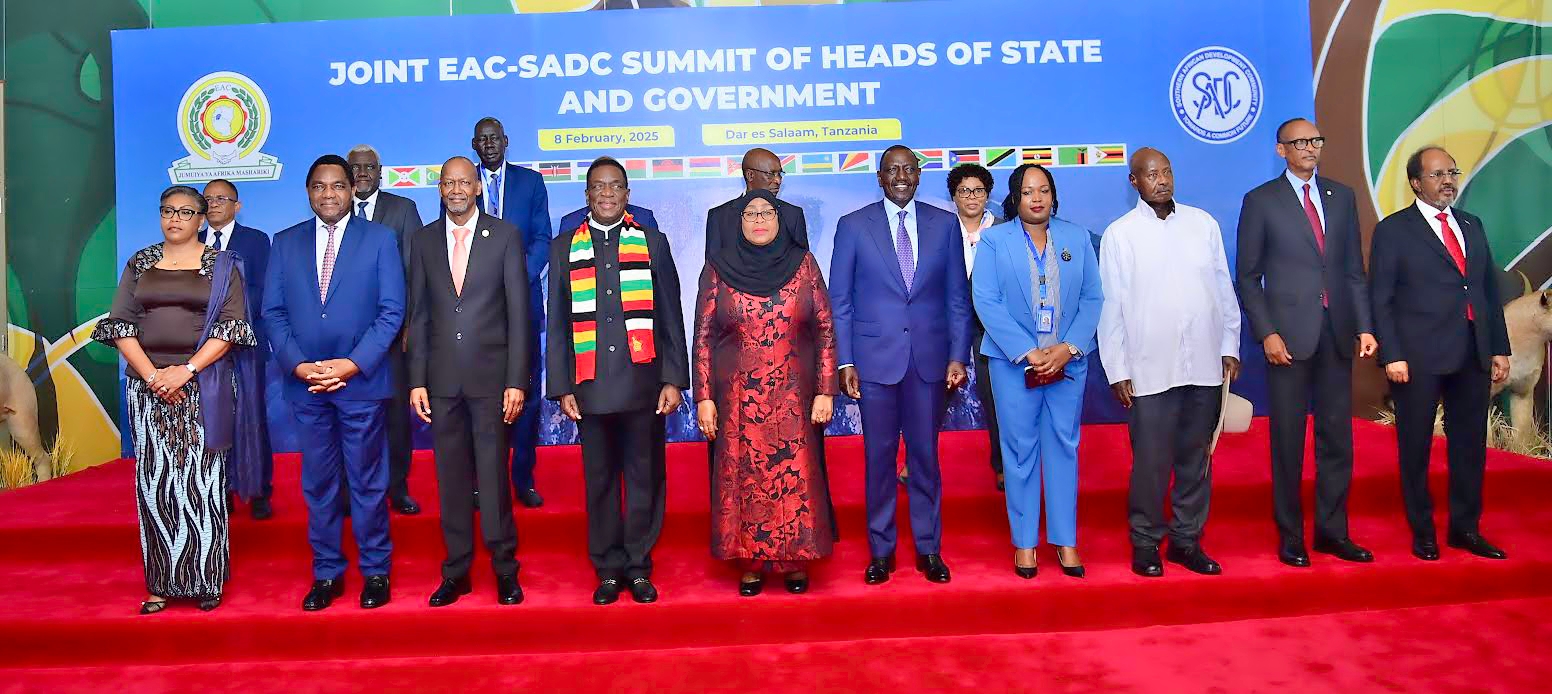Blast victims still awaiting compensation

What you need to know:
Court rulings over the years have ordered payments to African victims from funds that have been obtained from al-Qaeda or from countries said to have abetted the bombings
New York. Twenty years after the twin bombings of the US embassies in Dar es Salaam and Nairobi, Tanzanians affected by the attacks are still struggling to gain compensation through the US judicial and legislative systems.
“We’re not giving up,” declared Washington attorney Phillip Musolino who represents 538 Kenyan citizens affected by the Nairobi bombing. “If it takes 30 years, we’ll find a way.”
“The Kenyans have been as gracious and as patient as possible,” Mr Musolino added.
Court rulings over the years have either excluded non-US citizens from potential damage awards or have ordered payments to African victims from funds that have not been obtained from al-Qaeda, the author of the attacks, or from countries said to have abetted the bombings.
The hundreds of Kenyans and Tanzanians harmed by the blasts and unaffiliated with the US government have thus been unable to gain compensation through the courts, Mr Musolino said.
Lobbying Congress
The US Agency for International Development did provide a total of nearly $45 million to the families of 173 Kenyan citizens killed or injured in the explosion that occurred on August 7, 1998.
That assistance mainly came in the form of coverage for medical expenses.
Mr Musolino said efforts to aid Kenyan victims are now focused on the US Congress.
Lobbyists are specifically seeking to persuade legislators to amend a law passed in 2015 that provided payments to US citizens who were seized as hostages in Iran in 1979.
The compensation handed out last year came from fines paid to the US by the Paris-based BNP Paribas bank as a penalty for violating US sanctions against Iran, Sudan and Cuba.
Law change
US victims of the attacks in Tanzania and Kenya were also deemed eligible for awards from a $1 billion portion of the fines.
The envisioned amendment would enable Tanzanian and Kenyan victims to share in the damage awards.
“We’re hopeful of getting it passed,” Mr Musolino said. “Kenya is regarded in Congress as a friend of the US, so we have to persuade people that this friendship should include compensation.”
Securing Embassy
He acknowledged, however, that there is no indication that Congress will act soon — or ever — to change the law.
Arguments in support of compensation to Kenyan victims are based partly on claims that the US State Department failed to properly secure the embassy building that stood on Moi Avenue in Nairobi. Prudence Bushnell, US ambassador to Kenya at the time of the bombing, has said she repeatedly alerted officials in Washington that the embassy was vulnerable to terrorist attack. No action was taken in response to her warnings.
“As ambassador, I was responsible for security,” Ms Bushnell wrote in her contribution to a set of 20th anniversary reflections on the attack published in the Foreign Service Journal. “And while I had pushed and pushed to get Washington’s attention to our vulnerabilities, I remain keenly aware that I failed.”
Dar es Salaam attack
Ten people — all Tanzanians — died in the Dar attack, in addition to the suicide bomber.Nine individuals have been convicted in the US on charges related to the two bombings. All have been sentenced to life imprisonment.
Another 10 persons accused of involvement in the attacks have been killed or have died of natural causes. The most prominent member of this group is Osama bin Laden, the leader of al-Qaeda who was killed in Pakistan by US commandos in 2011. Three alleged bombing conspirators indicted by US prosecutors remain at large. One of them is Ayman al-Zawahiri, who took charge of al-Qaeda following bin Laden’s death.
Nairobi attack
Mr George Mimba, an information systems manager at the Nairobi embassy in 1998, offered a dramatic account of the aftermath of the bombing as part of the reflections carried in the current edition of the Washington-based journal.
“I started toward the entrance when one of the Marines came out with a gun,” Mr Mimba recalled.
“‘Stay out of the building! This building will collapse anytime.’ “I ignored him and continued.”
“‘George! Stay out! I will shoot you!’” the Marine barked at me again.”
“‘People are dying inside, and there is no way I am going to stay here and watch my colleagues die. Go ahead and shoot me!’ I shouted back in anger.”
“He gave up and let me enter the building.” A total of 212 persons perished in the Nairobi blast, along with the driver of the van that had transported the bomb to the gates of the embassy. Of those killed, 12 were US citizens and 200 were Kenyans.


